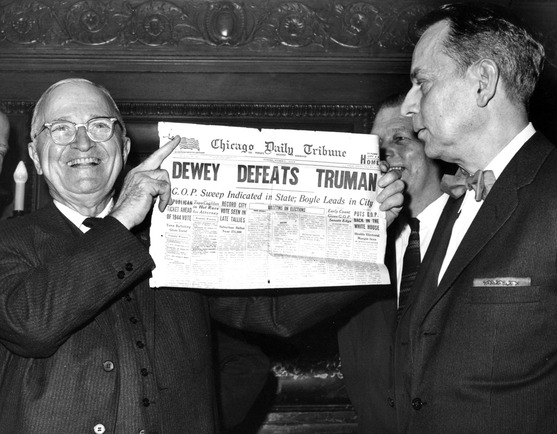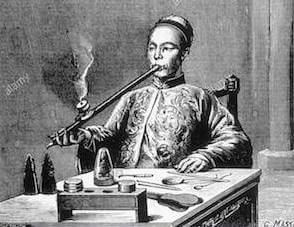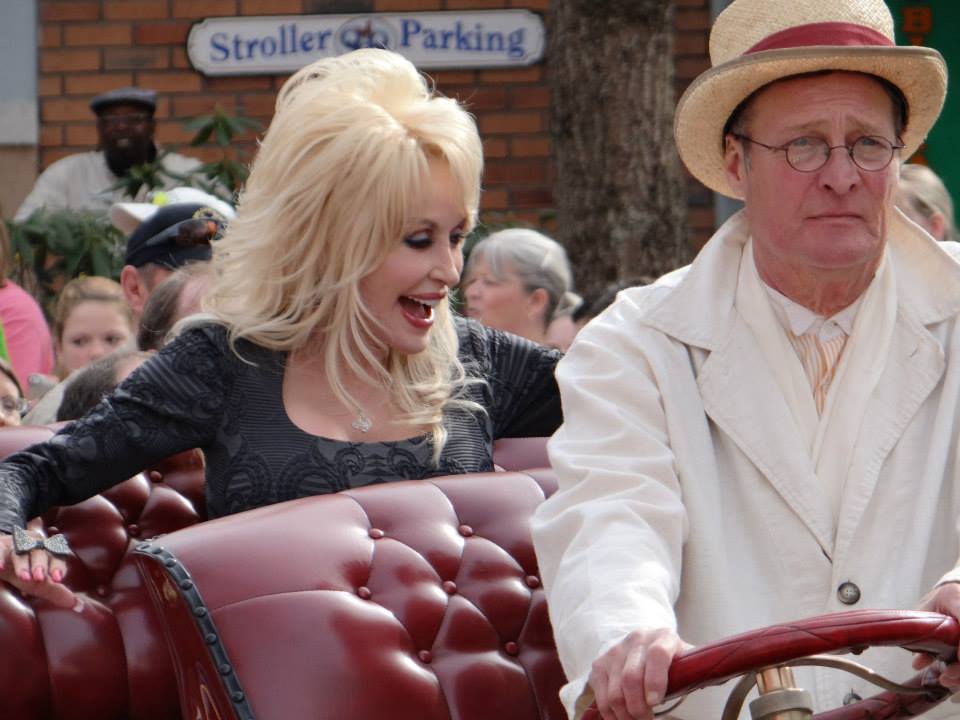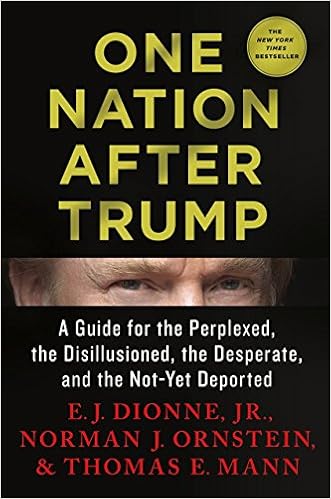* * * *
My last post – Before the election – 2022 – hearkened back to 2010. In that election Republicans won control of both houses of Congress, which most pundits said would happen again in 2022. But after the 2010 elections – when Republicans won both houses of Congress – they proceeded to ignore the economy, threatened to default on the national debt, “and did shut down the government.” The negative reaction was such that in 2012 Democrats regained control of the Senate and President Obama was re-elected to a second term.
But first a word about the painting of Nell Gwyn. For the life of me I couldn’t figure out what lead image to use for this post. I searched images for “predicting the future,” “prophecy,” looks of “surprise” and even images for “You could have knocked me over with a feather.” (The phrase that came to mind about how I felt the morning after the election.) Finally I searched past posts, and found one from last January, on the issue of voter suppression. There’s more detail in the notes, on the topic of what I feared might impact the outcome of the election. But fortunately that didn’t seem to be an issue, at least this time. Besides, Nell does present an attractive image, which may be why she was the favorite mistress of King Charles II of England.
Getting back to Before the election, I predicted that if “2010” happened again, that might lead to a Blue Wave in 2024. (With Joe Biden getting a second term.) The problem? In 2022 Democrats retained control of the Senate, though the results aren’t yet all in. A Georgia run-off between Warnock and Walker is set for December 6. (“Oh boy! More negative political ads!”) But the 2022 results clearly disappointed Republicans. (See 2022 Election results: Some Republicans blame Donald Trump, and Graham, Cruz admit election results ‘not a Republican wave.’)
The flip side is that Republicans did get control of the House of Representatives. That means they can still: 1) ignore the economy and inflation, 2) threaten to default the national debt, and 3) shut down government. On the other hand, if they impeach Biden – as threatened – the result will likely be a no-vote whitewash, courtesy of a Democratic Senate. (Not unlike the one Trump got from the Republican Senate.) That could result in Joe Biden ending up more popular, like what happened to Bill Clinton. (Poll: Clinton’s approval rating up in wake of impeachment.)
The bottom line is that after many long months of hearing predictions of a Red Wave, I woke up the morning of November 8 with a sense of gloom. Not that I oppose principled conservatives. The problem comes when one of two necessary parties becomes a cult of personality.
I could just see Donald Trump – in the days after November 8 – basking in the glory of “his” candidates taking over Congress and paving the way for his re-election. (Which would become more of a bloodbath of retribution rather than responsible government.) Which brings up the phrase “You could have knocked me over with a feather.” According to The Free Dictionary, it’s an expression of “great or utter surprise, bewilderment, or astonishment.”
* * * *

In the meantime, I learned something new just after the election. That was prompted by members of the House Freedom Caucus saying Kevin McCarthy wouldn’t have the 218 votes needed to become Speaker of the House. (When Congress re-convenes next January. The link is to Marjorie Taylor Greene’s Worst Nightmare Could Be Coming True, dated November 15, 2022, which assumed – and as happened – that Republicans would win back the House.)
Based on such threats – “McCarthy doesn’t have the votes” – I did some research. I learned that to become Speaker a candidate needs 218 votes from any and all House members. I assumed it required only a majority vote of the new party in power. So for example if a few Republicans voted “present,” that would lessen their majority and could – theoretically – lead to a Democrat elected Speaker. (And vice versa.) Go figure. 71 years old and still learning new stuff. (Thus the “old dogs” image.)
And speaking of ‘Strange Bedfellows,’ just after the election Marjorie Taylor Greene broke with conservative allies and pledged to support McCarthy. That lead Matt Gaetz – the Congressman Under Federal Investigation For Sex Trafficking – to turn on Greene Over McCarthy.
“Whatever Kevin [McCarthy] has promised Marjorie Taylor Greene, I guarantee you this at the first opportunity, he will zap her faster than you can say Jewish space laser,” he said … referring to a conspiracy theory the congresswoman has promoted and been criticized for.
The bottom line? We’re in for an interesting few months. (And beyond?) For one thing, we’ll see if Democrats have a 50-50 Senate majority, or more solid 51-49. We’ll see if House Republicans ignore the economy, default on the national debt, or shut down the government.” And we’ll see if Kevin McCarthy really zaps Marjorie Taylor Greene with a Jewish Space Laser.
Stay tuned!
* * * *

* * * *
See also the January 27, 2022 post, An update on Nell Gwynn – “Protestant Whore.” Among other things It addressed the issue of voter suppression, as that suppression might impact the 2022 elections. As it turned out, that was not necessarily an issue in this last election. The issue focused on the different number of black people in Iowa, compared to that number in Georgia where I now live.
According to Iowa Population demographics 2020, 2019, African-Americans make up two percent of Iowa’s population. (Which is 91% white, with “Hispanic or Latino” as the second-largest racial group.) Compare that with Georgia – where I’ve lived for 10 years now – which has a black population of 32.6 percent. (While “Non-Hispanic Whites” make up only 50.1 percent of the population – a bare majority – compared to Iowa’s 91 percent white population.)
The problem was that the “nice lady” who asked about voter suppression came from Iowa, meaning I had to frame the issue in a way that made sense with someone from a “lily white” state like Iowa. Eventually I dropped the topic, but did enjoy revisiting Nell Gwyn. (See also a post featuring her from March 2015, “When adultery was proof of ‘loyalty.”)
On suppression, see Republican Voter Suppression Could Win the Midterms. From October 29, 2022:
THANKS TO REPUBLICANS, it will be harder for certain people to vote this year, courtesy of an array of new voting restrictions passed in the wake of the 2020 election: 56 new voting restrictions passed by Republican-led legislatures in 20 states.
Again, that didn’t seem to happen, at least as much as feared this time around. See also Voter suppression in the United States – Wikipedia, all of which may merit a new post on the subject.
Re: “Red Wave.” See also Conservative Pollster Who Predicted ‘Red Wave’ Says GOP Can’t “Strategize.”
Re: Freedom Caucus. According to Wikipedia it’s considered “the most conservative and farthest-right bloc” within the House, and “formed in January 2015 by a group of conservatives and Tea Party movement members, with the aim of pushing the Republican leadership to the right.“
On the election of a Speaker of the House see How the House Elects Its Speaker – Congressional Institute, and Election of the Speaker Overview – US Constitution – LAWS.com.
The “Old Dog” image is courtesy of Old Dogs New Tricks – Image Results.
Re: ‘Strange Bedfellows’: Phrase Meaning & History.
The lower image is courtesy of The Building of the Jewish Space Laser | JewishBoston. Subtitle: “The Jewish space laser as a Talmudic parody.” An interesting read, but “Are you serious?” Sample quote:
On the Kosher Use of the Space Laser. The construction must be overseen by a rabbi. Each component … must be blessed individually. If any components of the space laser are found to be with blemish, the project is to be declared treif and must be started over.
For a more serious view see A ‘Jewish space laser’ sounds funny. But Marjorie Taylor Green’s Anti-Semitism is no laughing matter. More sample quotes. “Jewish Twitter had a field day — because, of course! Making jokes out of virulent anti-Semitism has been our shtick for time immemorial.” “Basically Greene is a callous bigot who hounds mass-shooting survivors, and I haven’t even made it to the part where she helped incite the deadly riots at the Capitol on Jan. 6.” And this:
The fact is, anti-Semitism is on the rise in this country, and a much of it is fueled by baseless theories like the ones espoused by Greene. It’s a jarring dissonance that a state that elected its first Black and first Jewish senators, both Democrats in a typically red state, also gave us this, a reflection of the most dangerous forces in our country.
* * * *






![Will I REALLY live to 120?: On Turning 70 in 2021 – and Still Thinking “The Best is Yet to Come” by [James B. Ford]](https://m.media-amazon.com/images/I/41goY63cZ1L.jpg)

 I just got back from a lightning, one-week mini-vacation. First to Rockville Maryland for my grandson’s wedding, then to Pigeon Forge Tennessee for a family get-together. (Including a day-visit to
I just got back from a lightning, one-week mini-vacation. First to Rockville Maryland for my grandson’s wedding, then to Pigeon Forge Tennessee for a family get-together. (Including a day-visit to  However, not that long ago even great political arch-enemies
However, not that long ago even great political arch-enemies 

 As to going back, I noted a post from November 8, 2016,
As to going back, I noted a post from November 8, 2016,  To finish that thought: It’s been a long haul, but over the last four years I’ve evolved, from being a “moderate” (all “nicey-nicey”), to a Contrarian, and from there to an Independent. (Used in a sentence, “Why would anyone not want to be an Independent, like
To finish that thought: It’s been a long haul, but over the last four years I’ve evolved, from being a “moderate” (all “nicey-nicey”), to a Contrarian, and from there to an Independent. (Used in a sentence, “Why would anyone not want to be an Independent, like  Or this: As someone who “takes up a contrary position, especially a position that is opposed to that of the majority, regardless of how unpopular it may be.” But that didn’t sound quite right either. I wasn’t always opposed to popular opinion. (For example, look at the “popular opinion” of 81 million American voters in the last election.) So eventually – over the last four years – I ended up changing from being a Contrarian to an Independent, “just like Moses and Jesus.” (See July 2019’s
Or this: As someone who “takes up a contrary position, especially a position that is opposed to that of the majority, regardless of how unpopular it may be.” But that didn’t sound quite right either. I wasn’t always opposed to popular opinion. (For example, look at the “popular opinion” of 81 million American voters in the last election.) So eventually – over the last four years – I ended up changing from being a Contrarian to an Independent, “just like Moses and Jesus.” (See July 2019’s 

![The Great Democracies, 1958 (A History of the English-Speaking Peoples Book 4) by [Winston S. Churchill]](https://m.media-amazon.com/images/I/41iA-YWdrsL.jpg) Beginning in February 5, 2020, and extending up to the election that November, I quite often had trouble staying asleep. (Worrying about the future of this country.) I wrote back in February 2020 that “at night – when I can’t get back to sleep around 3:30 or 4:00 a.m. – I’ve taken to reading
Beginning in February 5, 2020, and extending up to the election that November, I quite often had trouble staying asleep. (Worrying about the future of this country.) I wrote back in February 2020 that “at night – when I can’t get back to sleep around 3:30 or 4:00 a.m. – I’ve taken to reading  Getting back to the long view (and being able to sleep better at night): Back in the February 2020 rough draft, I also noted reading
Getting back to the long view (and being able to sleep better at night): Back in the February 2020 rough draft, I also noted reading 

 But it wasn’t really “close,” even though – as both White and Wikipedia emphasized – Kennedy “won the national popular vote by 112,827, a margin of 0.17 percent.” (And some say Nixon should have been
But it wasn’t really “close,” even though – as both White and Wikipedia emphasized – Kennedy “won the national popular vote by 112,827, a margin of 0.17 percent.” (And some say Nixon should have been 